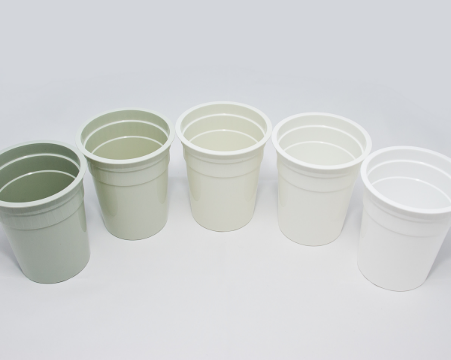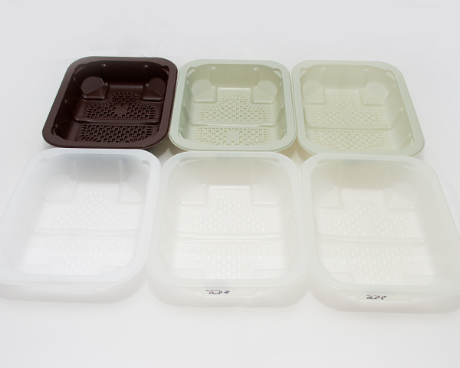INEOS and NEXTLOOPP Work Together To Recycle Polypropylene
- INEOS Olefins and Polymers Europe joins the award-winning NEXTLOOPP project to deliver new grades of Polypropylene (PP) incorporating recycled content that will be food-grade certified
- INEOS O&P Europe will bring its deep product and technical know-how and expertise to the Project Partners to ‘tailor’ new grades to exacting food standard specifications which will meet customer’s requirements.
- “The absence of food-grade recycled polypropylene means that all PP food packaging is currently made from virgin plastics. This is a large, global problem and it is something that INEOS and its partners are determined to change.”
INEOS Olefins & Polymers have today announced it has joined the NEXTLOOPP project, an exciting UK collaboration to create circular food-grade recycled polypropylene from Post-Consumer Recycled (PCR) packaging.
INEOS will be at the centre of an important two-year project that will inform the building of a demonstration plant in the UK to produce 10,000 tonnes per year of food-grade recycled polypropylene.
From its manufacturing base in Grangemouth, Scotland, and extensive product and technical expertise across its European operations, INEOS will help tailor food-grade recycled polypropylene to the precise specification of converters by blending it with virgin polypropylene to modify its mechanical and processing properties. It will also introduce processing aids to help converters to meet the exacting requirements of Brand Owners.
The project aims to validate the food-grade recycled polypropylene manufacturing process and its commercial viability, with the aim of receiving acceptance from the UK’s Food Standard Agency (FSA) and European equivalent (EFSA).


Graham MacLennan, Polymer Business Manager INEOS O&P UK, said, “Polypropylene is one of the most versatile plastics in the world – it is also missing from our recycling streams in food contact applications. In the UK alone we use over 210,000 tonnes of PP in our food packaging every year. It is found in pots, tubs and trays. However, the absence of food-grade recycled polypropylene means that all PP food packaging is currently made from virgin plastics. This isn’t unique to the UK but a large global issue that INEOS and its partners are determined to change.”
This partnership signals INEOS’ clear commitment to using more recycled plastic as a raw material. INEOS remains committed to Sustainability, to achieving Net Zero in its operations whilst making products that enable others in the supply chain to also lower their carbon footprints.
Professor Edward Kosior, founder and CEO of Nextek Ltd and NEXTLOOPP says, “We are delighted to welcome the participation of INEOS in helping recycle PP food packaging. INEOS’ commitment to reducing the world’s reliance on virgin plastics and closing the loop on such a prolific polymer as food-grade PP will help create a more circular economy, reduce CO2 emissions and create new materials for brand owners”
“NEXTLOOPP looks forward to achieving the goal of creating a long term solution for PP packaging, enabling all stakeholders to confidently participate in recycling and contributing to a better outcome for all.”
Ends
Media Contacts:
David East (INEOS) 0044 1324 476948 or 0044 7768301709
Richard Longden (INEOS) 0041 21 627 7063 or 0041 7996 26123
Notes to Editors
INEOS Olefins & Polymers (UK) Europe operates the petrochemical plants at Grangemouth. The raw materials used by this business present an outlet for North Sea gases, delivered via the co-located Forties Pipeline System. Its finished products of ethylene, propylene, polyethylene, polypropylene and ethanol are used as the building blocks in a multitude of sectors, in the manufacture of everyday household essentials - being transformed into bottles, cabling and insulation, food packaging as well as being extensively used in the pharmaceutical industry.
INEOS Olefins & Polymers Europe | Grangemouth
NEXTLOOPP is made up of organisations from the PP supply chain, including, well known global brands, packaging converters, material suppliers, waste recyclers, legislators and academia, who are working to close the loop on FGrPP
To comply with UK Plastic Pact targets the ‘hybrid resin’ must contain at least 30% PCR (FGrPP).